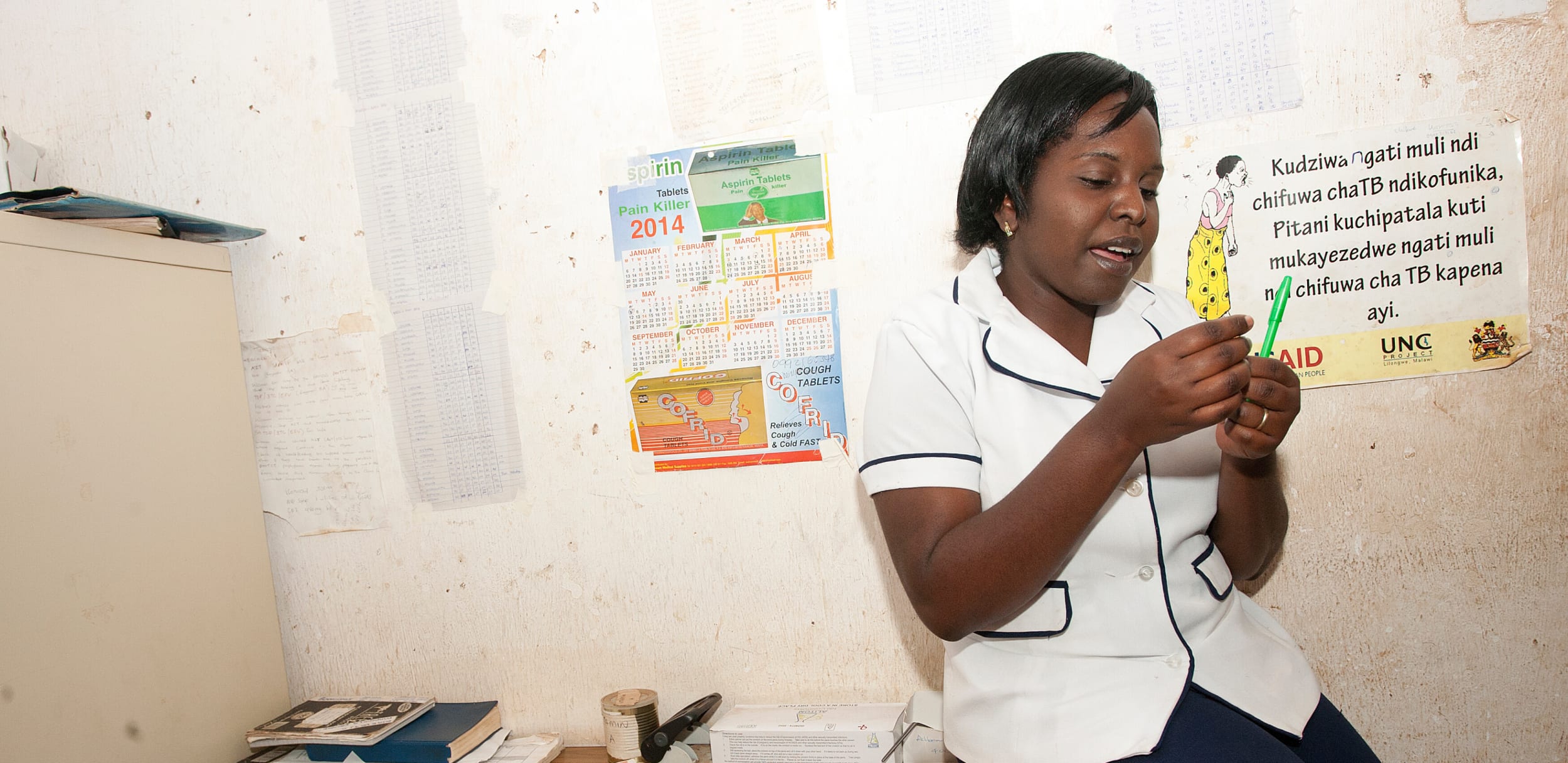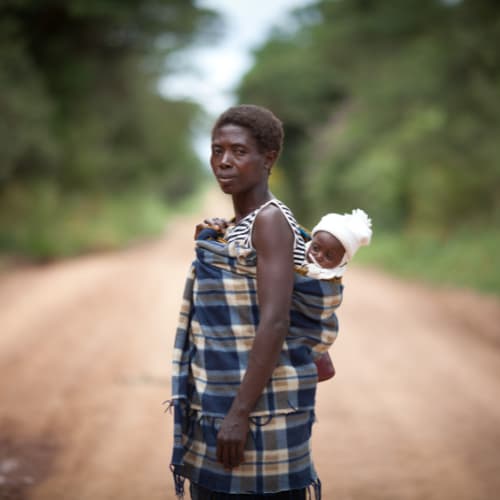

The Government Accountability for Family Planning Budgets project supports civil society advocates in seven sub-Saharan African countries to hold their governments accountable for increasing domestic investments in family planning supplies and services and improving the transparency of family planning budget data.
Globally, civil society plays an important role in ensuring that country governments mobilize resources to meet the urgent need of sustained national ownership of family planning. In many low- and middle-income countries, there is insufficient domestic investment for family planning services and supplies, especially in comparison to donor funding. Lack of government ownership is evident when domestic allocations and spending for family planning are minimal compared to the total annual funding needed in a country to deliver quality programs and services. Through the project, civil society organizations track family planning budgets to hold governments accountable for increasing family planning investments and ensuring that these funds are properly disbursed and spent. Since this tracking and analysis work relies on the availability of government budget data, our partners advocate for the transparency of family planning allocations, disbursements and expenditures.
Groupe de Recherche, d’Action et de Formation en Epidémiologie et en Développement and Social Watch Bénin played a leading role in advocacy that led to the national assembly increasing the contraceptive commodities budget from FCFA 50 million to FCFA 300 million between fiscal years 2021 and 2022.
Partners
• Centre for Reproductive Health and Education (CRHE)
• Centre pour la Gouvernance Démocratique (CGD)
• Groupe de Recherche, d’Action et de Formation en Epidémiologie et en Développement (GRAFED)
• Initiative pour la Justice Sociale, la Transparence et la Bonne Gouvernance en Côte d’Ivoire (SOCIAL JUSTICE)
• Malawi Network of AIDS Service Organisations (MANASO)
• Mission des jeunes pour l’Education, la Santé, la Solidarité et l’Inclusion (MESSI)
• Samasha
• Social Watch Bénin
• SOS Jeunesse et Défis (SOS/JD)
• Tanzania Communication and Development Center (TCDC)
Countries
Benin, Burkina Faso, Côte d'Ivoire, Malawi, Tanzania, Uganda, Zambia
Over the last ten years, country governments in sub-Saharan Africa have made commitments to mobilize internally generated revenue to finance family planning programs since donor funding has been declining, can be tied to harmful policy restrictions and undermines government incentives to meet funding needs with domestic resources. To fulfill these commitments — both in national strategies and regional and international initiatives, such as the Ouagadougou Partnership and Family Planning 2030 — governments must allocate funds to family planning through national and subnational budget processes and guarantee disbursement and expenditure.
Civil society organizations have stepped up to lead accountability efforts around their government’s financial commitments for family planning. Strengthened through budget tracking and advocacy, civil society’s efforts can, over time, build sustained domestic resource mobilization and government ownership of family planning. This work depends on the public availability of official budget data — on family planning funding needs, allocations, disbursements and expenditures — so that civil society organizations have evidence for their advocacy to ensure commitments are translated into budgetary actions.
As part of our Government Accountability for Family Planning Budgets project, PAI supports civil society advocates to track family planning budgets by implementing the Common Framework for Tracking Government Spending on Family Planning, an accountability approach developed by civil society advocates and PAI. This framework and its tools measure, on an annual basis, the performances of governments investing in family planning supplies and services and the level of transparency of family planning budget data. Comprised of a standard set of indicators that can be used across country contexts, the Common Framework follows the planning and budgeting cycle — from funding need to allocation, disbursement, expenditure and outcome.
The systematic methodology helped us to [discover] the family planning budget data for advocacy, and the scorecard created a way for different civil society organizations to come together and create a common set of data to use for advocacy.Wezi Mjojo, former head of finance and administration, MANASO

Impact
MANASO’s joint advocacy with a civil society coalition resulted in a 9% increase in the contraceptive commodities budget for fiscal year (FY) 2020/21 in Malawi, which was achieved despite policymakers wanting to decrease the allocation during the COVID-19 pandemic.
Advocacy led by SOCIAL JUSTICE resulted in two government commitments being included in the Open Government Partnership National Action Plan 2020-2022 to create a specific budget line for the purchase of contraceptive products and to regularly publish family planning budget data on Côte d’Ivoire’s Ministry of Health website. Due to continuous follow up by SOCIAL JUSTICE, the Ministry of Health included a budget line for contraceptives commodities in its FY 2022 budget.
In Zambia, CRHE’s monitoring and advocacy led to the increase in the number of health grant disbursements (including family planning funds) from the Ministry of Finance to all 116 districts — from three monthly grants in FY 2017 to full disbursement (12) in FY 2021.



